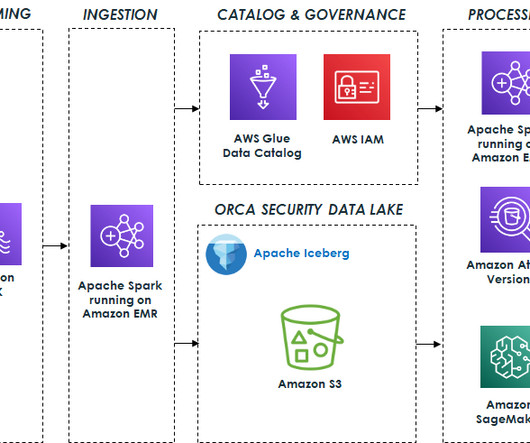Retailers can tap into generative AI to enhance support for customers and employees
IBM Big Data Hub
DECEMBER 5, 2023
With the rise of highly personalized online shopping, direct-to-consumer models, and delivery services, generative AI can help retailers further unlock a host of benefits that can improve customer care, talent transformation and the performance of their applications. The impact of these investments will become evident in the coming years.














Let's personalize your content